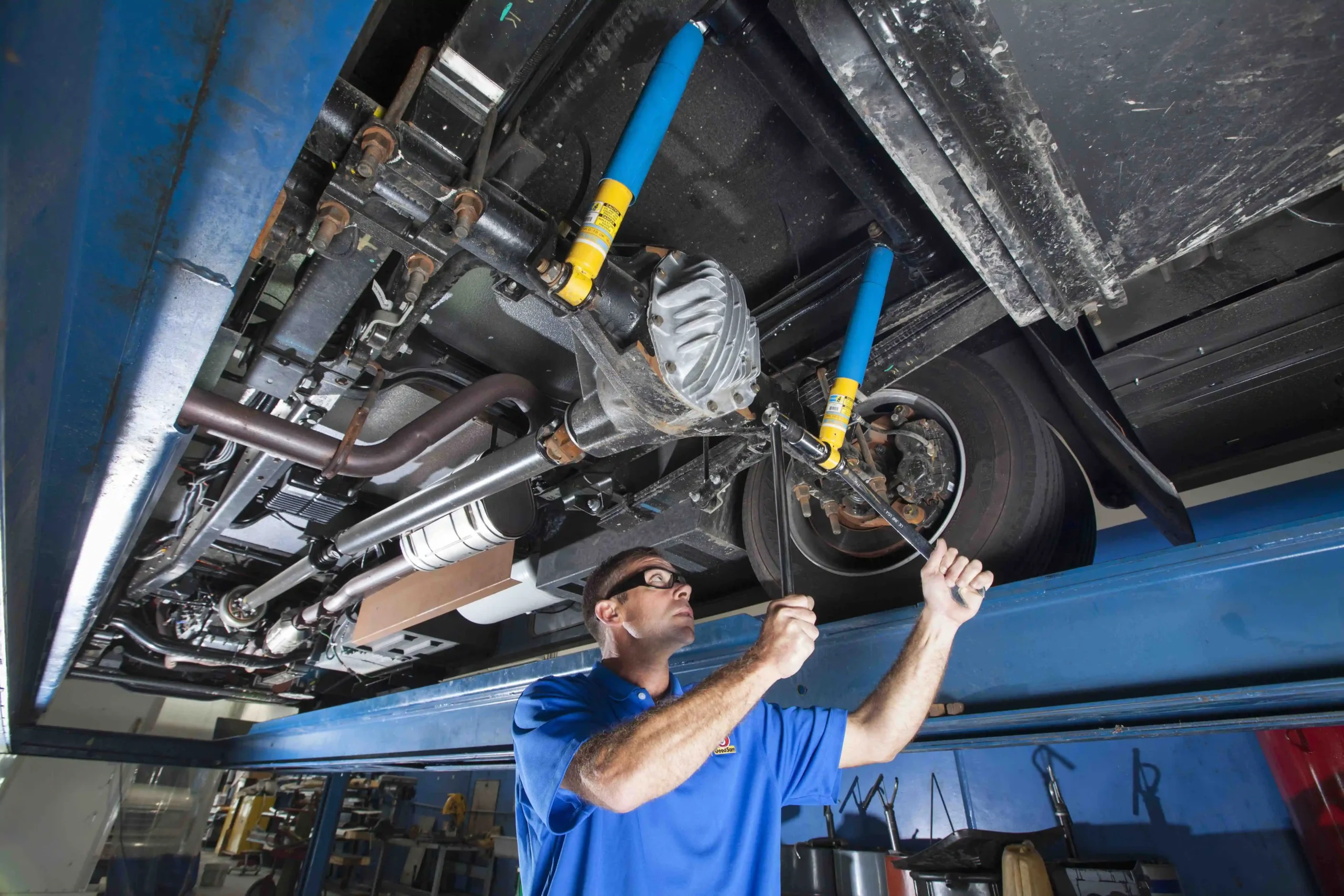What is the Typical Maintenance for an RV According to an RV Repair Company?

It would help if you did several things to keep your RV in good working order before heading on a trip. These maintenance tasks will help keep you safe on the road and save you money on repairs later.
It’s essential to take your RV in for service and repair as soon as possible if you suspect any brewing issues. Here are seven standard signals that may indicate your RV needs some attention.
Brakes
RVs differ slightly from your sticks and bricks home and vehicles but still require maintenance. Like all vehicles, RVs need an annual oil change and regular inspections of the under-the-hood components that make them run.
Performing a few simple maintenance tasks on a monthly or seasonal basis can go a long way to keeping your rig in top shape and avoiding costly repairs down the road. Here are a few tips from an RV repair company to implement into your routine for a better roadside performance.
Avoiding a tire blowout is the key to safe travel, and there are several ways to do this, including monitoring your tire pressure, checking for signs of stress in your rims, and adding air if necessary. You may also need new safety items, such as a helmet, seat belt, and flashlight, to ensure your on-road safety is the best.
Batteries
There are many different kinds of batteries used in RVs. There are starter batteries and deep-cycle batteries.
Starter batteries deliver a large burst of power quickly and are typically used to run the engine. However, deep-cycle batteries are more durable and can stand being discharged and recharged much more often than their starter counterparts.
The battery you choose depends on your RV’s use, where you’re going, and what kind of appliances you’ll be using. Some people opt for lithium batteries because they offer high energy density and low maintenance.
However, lithium batteries can be expensive, so some may have better choices. For example, a lead-acid battery may be a better choice if you don’t need to charge your battery frequently. Whether you go with a lithium or lead-acid battery, it’s crucial to maintain your batteries properly to ensure they last as long as possible.
Oil Change
Like most vehicles, your RV needs routine maintenance to keep it running correctly. This maintenance includes changing the oil, replacing air and fuel filters, and replacing brake pads and other components that wear out over time.
How often you change your oil depends on your mileage and how often you use your RV. However, most motorhomes need an oil change every 3,000 to 4,500 miles, and it’s best to check your owner’s manual for recommendations.
Another vital oil change step is replacing your air, fuel, and coolant filters. Not changing them can cause serious issues, including increased fuel consumption, overheating, and oxidization in the hydraulic system.
To learn more about oil changes and the other maintenance you need in your vehicle, ask a friend or family member to take you to the local auto parts store to get familiar with the tools and substances used in an oil change. It’s a great way to become more confident and knowledgeable in your vehicle’s systems.
Under the Hood Check
If you have ever owned or driven an RV, you know it is more than just a vehicle. It’s a house on wheels, and like any other home, it needs regular maintenance to keep it running smoothly.
If your RV has been in storage for a while, you should thoroughly check the exterior and interior for damage. Look for dents, dings, and cracks in the body or roof, and make sure the seals are in good shape.
Water leaks are another massive issue for RVs and can be costly. To help prevent this, inspect your roof for leaks every six months and reseal any cracked seams causing water to enter your RV.
You should also lubricate metal-on-metal friction points that could rust and cause problems, such as leveling jacks or hitch. But, again, keeping these in good working order will keep your RV running smoothly for years.








